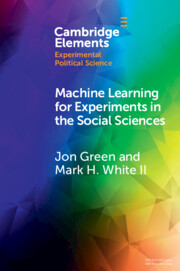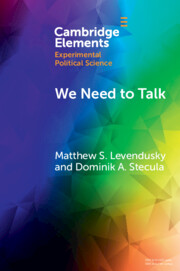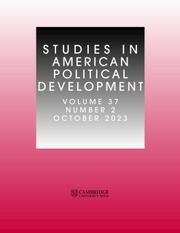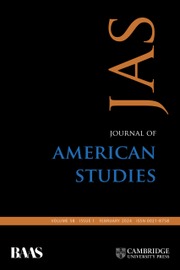Machine Learning for Experiments in the Social Sciences
Causal inference and machine learning are typically introduced in the social sciences separately as theoretically distinct methodological traditions. However, applications of machine learning in causal inference are increasingly prevalent. This Element provides theoretical and practical introductions to machine learning for social scientists interested in applying such methods to experimental data. We show how machine learning can be useful for conducting robust causal inference and provide a theoretical foundation researchers can use to understand and apply new methods in this rapidly developing field. We then demonstrate two specific methods – the prediction rule ensemble and the causal random forest – for characterizing treatment effect heterogeneity in survey experiments and testing the extent to which such heterogeneity is robust to out-of-sample prediction. We conclude by discussing limitations and tradeoffs of such methods, while directing readers to additional related methods available on the Comprehensive R Archive Network (CRAN).
Product details
April 2023Paperback
9781009168229
75 pages
230 × 154 × 5 mm
0.15kg
Available
Table of Contents
- 1. Introduction
- 2. Causal Inference
- 3. Exploratory and Reproducible Research
- 4. Machine Learning Basics
- 5. Bringing it Together
- 6. Prediction Rule Ensembles
- 7. Causal Random Forest
- 8. Conclusion
- References.









